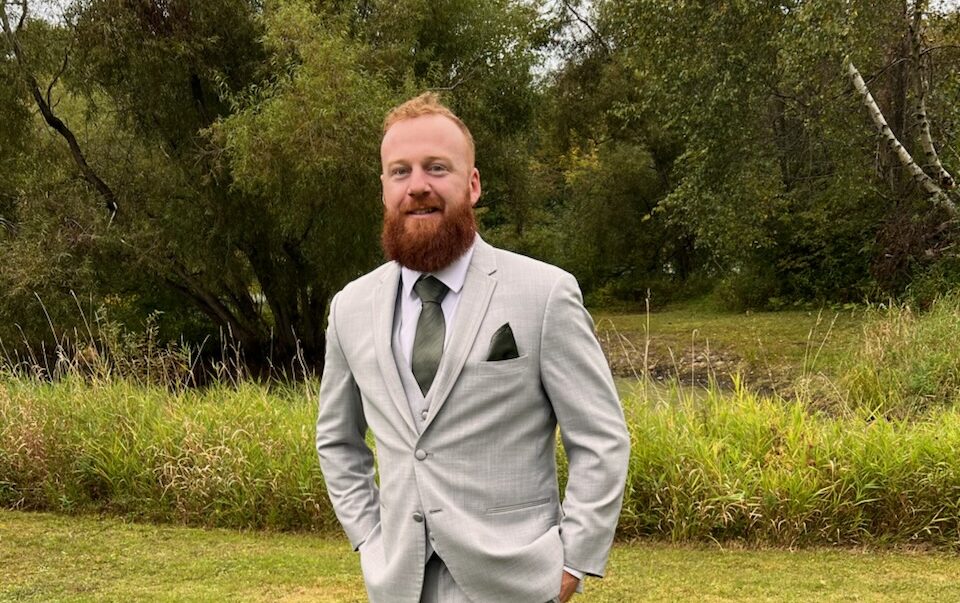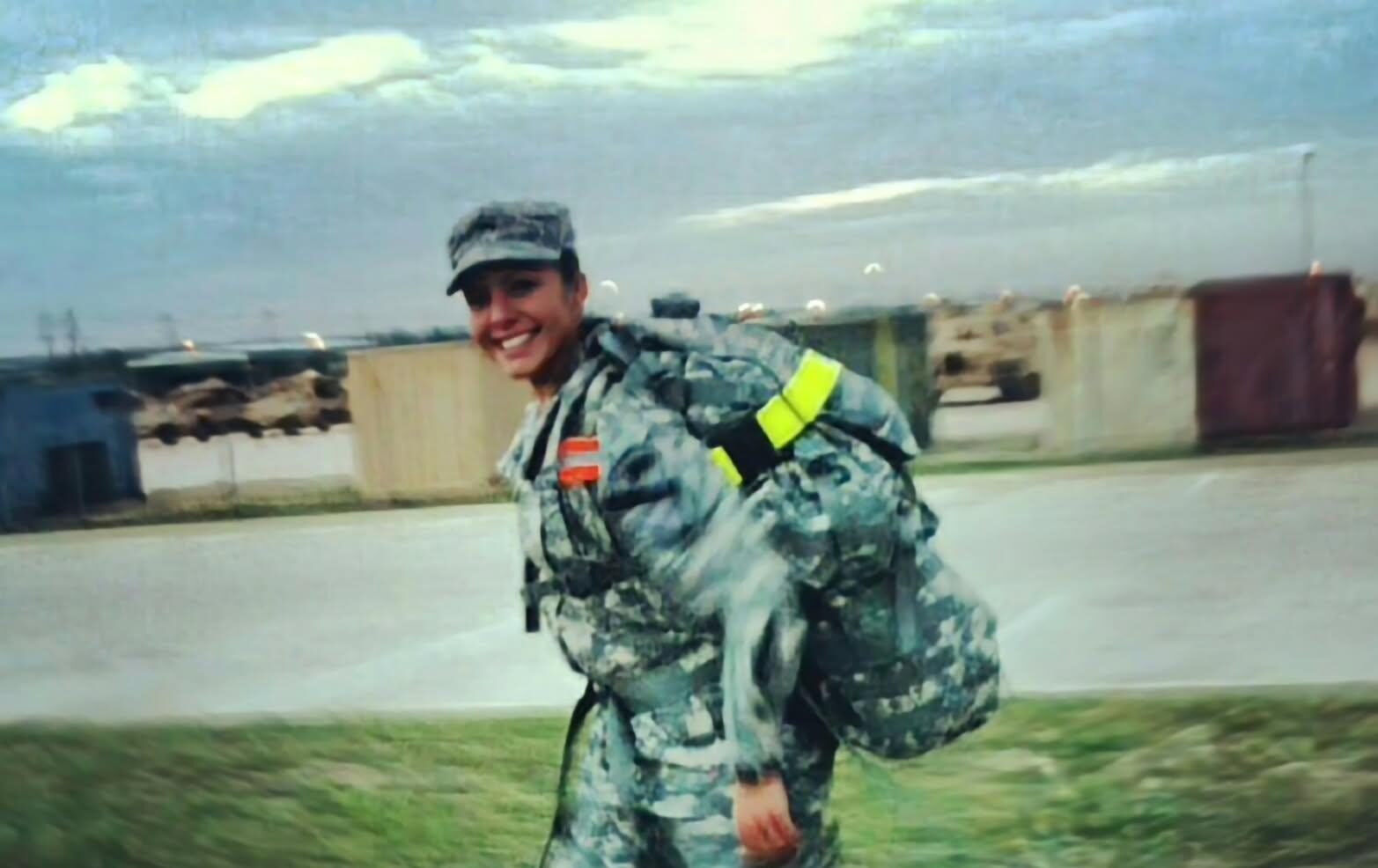Veteran Learns Civilian Skills in Transitional Apartment Program
Seeing the Sept. 11 terrorist attacks on TV while in elementary school made such a lasting impact on Cory Wallace that he enlisted in the Marines as soon as he was out of high school in 2012.
He joined his two older sisters—who are in the Army—in service to the country.
During his 10 years as a Marine, Cory became a marksman and deployed twice to Afghanistan. He also was stationed in Okinawa assigned to the USS Denver for training missions. He rose up the ranks as a rifleman, marksmanship instructor, and coach. Cory reached all of his goals in the Marines and his PTSD made service more difficult so in 2022 he honorably discharged with 80 percent disability.
He moved in with one of his sisters, both of whom lived in the D.C. area. Cory had difficulty transitioning to civilian life because of his PTSD. “I was having trouble trying to feel normal again,” Cory said.
A friend who was also a veteran told him about Operation Homefront. Online, Cory learned about the Transitional Housing – Apartments program, which launched in 2021 and is the newest of Operation Homefront’s four distinct housing programs to assist military families transitioning to civilian life.
“The program made me a better citizen and taught me things I need to know going from a military mindset into civilian life.” – Cory Wallace, Marine Corps veteran
Through the program, honorably discharged veterans within four years of service live for one year in an apartment. They pay no rent or utilities and participate in financial counseling and career education to help achieve stability and chart a path to long-term post-military success. Since the program began, it has defrayed more than $350,000 in rent and utility costs.
Cory moved into the Frederick, Maryland, apartment in January 2024 with the goals of improving his credit score and having a budget in place to supplement an emergency fund. After a year in the program, Cory met all his goals and graduated in January 2025. Without the stress of financial worries, Cory was able to focus on his mental health, and he noted an improvement in his PTSD symptoms.
He was grateful for everything he learned during financial counseling sessions, including how to budget as a civilian.
“I joined (the Marines) at 17,” he said. “No one taught me how to use or spend or save my money. The financial counseling helped me build a repertoire for utilizing my money in the right way.”
The support Cory received from his Operation Homefront caseworker was integral to his success. He appreciated that whenever he had questions, she was there with answers to help him navigate his new life without making him feel self-conscious about what he did not know.
“The program made me a better citizen and taught me things I need to know going from a military mindset into civilian life,” he said. “I wish I would have found this program sooner, but I am incredibly grateful I was accepted and was able to utilize everything Operation Homefront offered. I will be providing my fellow Marines or service members with Operation Homefront’s information for future use as they transition.”
Cory now lives with his girlfriend in Baltimore County, Maryland. He is hoping to go to trade school to become an electrician. He has money saved and feels confident in the future. He wants the donors to know how grateful he is for their support, especially when many veterans, like him, are wary of asking for assistance.
“Just because we don’t ask for help doesn’t mean we don’t need it,” he said. “When we see (the donors) helping us, we really appreciate it.”




